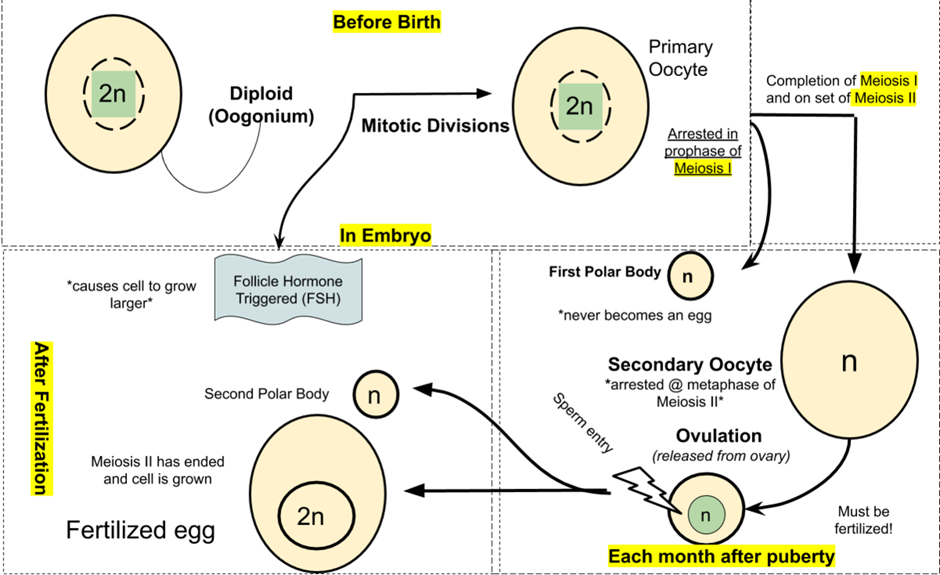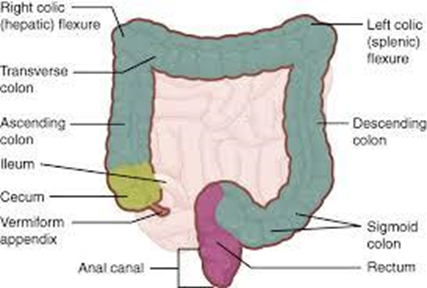Which of the following is the main endocrine homeostasis mechanism?
Neutral feedback
Stimulating feedback
Negative feedback
Positive feedback
The Correct Answer is C
a. Neutral feedback: This term is not typically used in the context of endocrine regulation.
b. Stimulating feedback: This is not a standard term in endocrine homeostasis mechanisms.
c. Negative feedback: Correct. Negative feedback is the primary mechanism by which endocrine systems maintain homeostasis. It involves reducing the output or activity of any organ or system back to its normal range of functioning.
d. Positive feedback: Positive feedback amplifies changes rather than stabilizing them, and is less common in maintaining homeostasis
Nursing Test Bank
Naxlex Comprehensive Predictor Exams
Related Questions
Correct Answer is B
Explanation
a: Ovaries - The ovaries are the female reproductive organs where oogenesis occurs, but they are not the process itself.
b. Oogenesis: Oogenesis is the process by which female gametes (egg cells) are produced through meiosis in the ovaries.
c: Ovulation - Ovulation is the release of a mature egg from the ovary, not the process of egg cell formation.
d: Oocytes - Oocytes are immature egg cells found within the ovaries; they undergo oogenesis to mature into eggs.

Correct Answer is B
Explanation
a. Splenic flexure: This is the bend between the transverse and descending colon on the left side, also known as the left colic flexure.
b. Right colic flexure: The hepatic flexure, also known as the right colic flexure, is the bend between the ascending and transverse colon near the liver.

c. Pontine flexure: This refers to a bend in the developing brainstem, not the colon.
d. Left colic flexure: This is another name for the splenic flexure, not the hepatic flexure.
Whether you are a student looking to ace your exams or a practicing nurse seeking to enhance your expertise , our nursing education contents will empower you with the confidence and competence to make a difference in the lives of patients and become a respected leader in the healthcare field.
Visit Naxlex, invest in your future and unlock endless possibilities with our unparalleled nursing education contents today
Report Wrong Answer on the Current Question
Do you disagree with the answer? If yes, what is your expected answer? Explain.
Kindly be descriptive with the issue you are facing.
